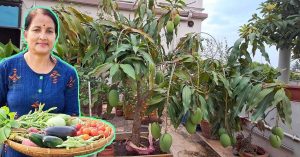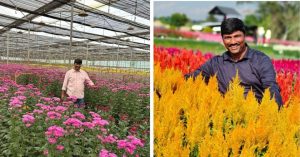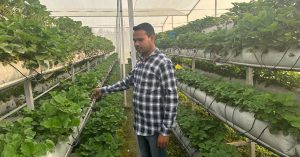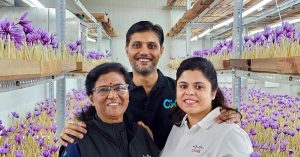ISRO Scientist Returns to His Village to Grow Organic Dates, Earns Rs 15 Lakh/Year
After working as a project scientist in ISRO, Professor Divakar Channappa left city life in Bengaluru and turned to farming. In a bid to grow something unique, he soon became one of the first farmers to start organic date cultivation in Karnataka.
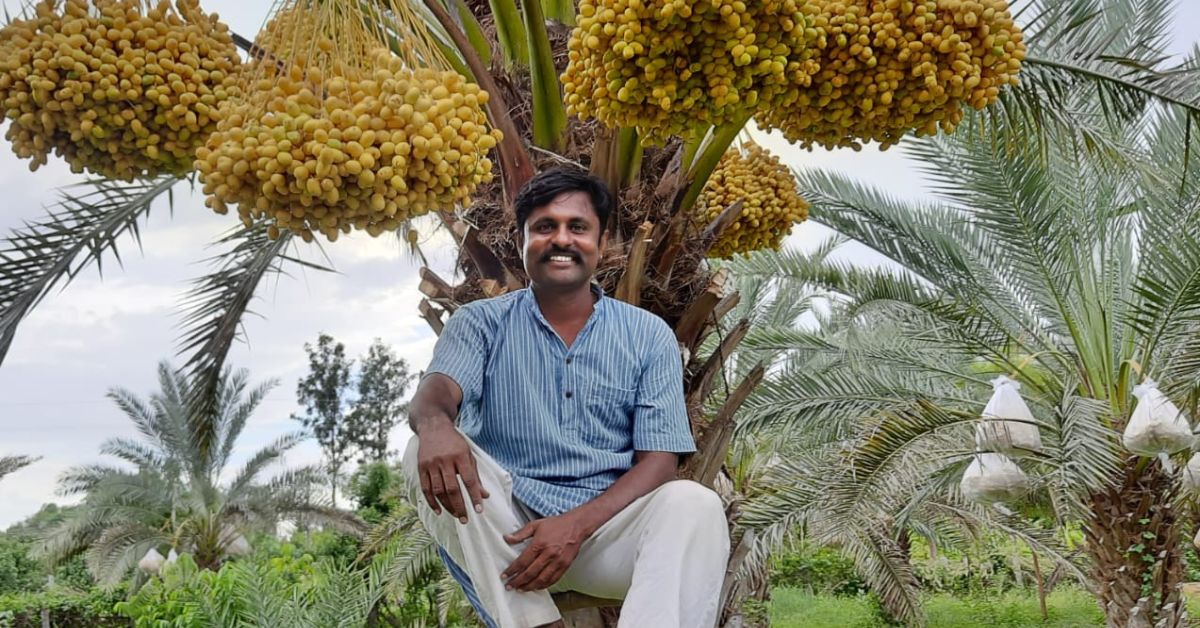
Born into an agricultural family in rural Karnataka, Divakar Channappa’s father always wanted him to excel in life but away from his farming roots.
Hailing from a small village Begur, Divakar recalls, “Our village lost its existence with an unprecedented expansion of Bangalore city. With this, farming became unprofitable for us. My father was forced to buy land around 100 km away from the city to continue farming. He never let us visit the land as he wanted us to move to Bangalore for better education.”
Divakar, who went on to become a project scientist with ISRO, remained completely disconnected from his farming roots until 2009 when his father suffered a stroke that left him paralysed. That is when Diwakar chose to move to his village.
“In the first year I spent with my father, I understood that I did not wish to lead the city life. During the same time, I happened to read a book called ‘One Straw Revolution’ by a Japanese farmer Masanobu Fukuoka. On the fourth day of reading the book, I gathered the courage to go to the farm that my father kept hidden from us,” says the 46-year-old.
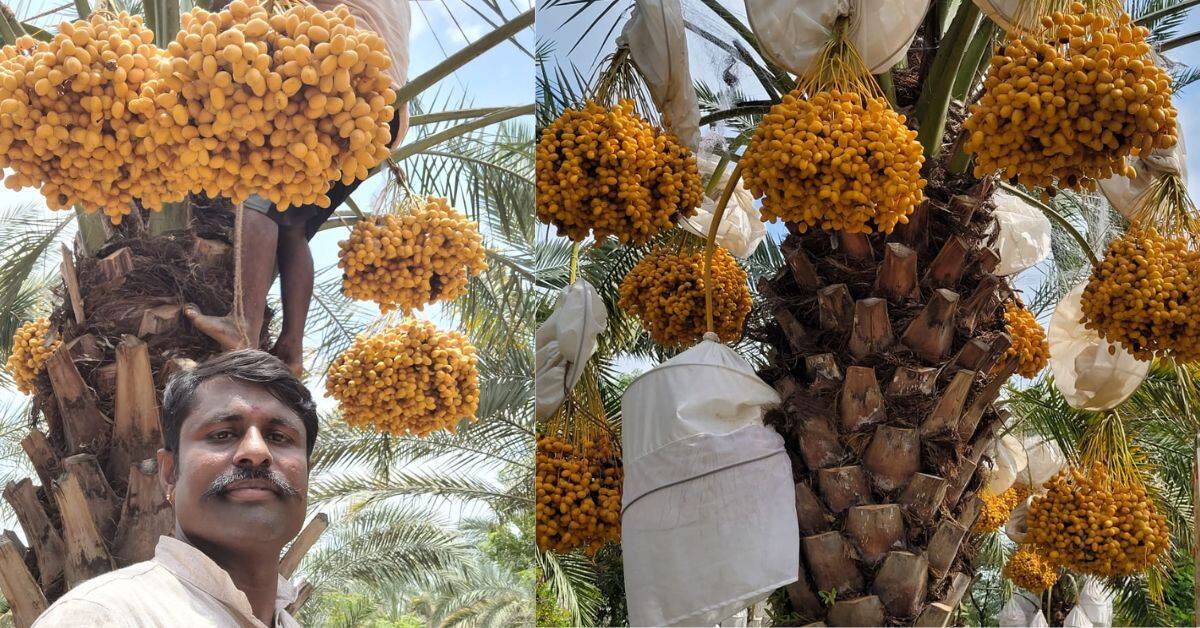
Soon after, Divakar turned to farming and never looked back. His journey led him to transition from cultivating local crops to growing dates, a desert crop, in Karnataka! He currently earns Rs 6 lakh per acre.
Finding his life’s calling
After completing his higher education in social work, Divakar worked with several non-profit organisations and was a visiting faculty at Tumkuru University. In 2008, he got an opportunity to work as a project scientist for a social development project with ISRO (Indian Space Research Organisation) in Bengaluru.
After his father’s stroke, he quit his job and city life to move to his village and become a farmer. “More than anyone, my in-laws were very upset about my decision. They had got their daughter married to a person who was a professor and worked with ISRO. They were disappointed with me. But I had understood my life’s calling,” he says.
Initially, Divakar cultivated crops like ragi (millets), tur dal (pigeon pea), and corns like local farmers. For this, he invested about Rs 22,000 and earned Rs 33,000 — a profit of Rs 11,000 — extremely less earnings compared to the previous works.
“This is when my mother reminded me why my father did not desire a farming profession for me. She reminded me of the responsibilities of my newborn daughter and said I had established an identity for myself in the city but I seemed to lose it all because of farming. This bothered me for a long time,” he says.
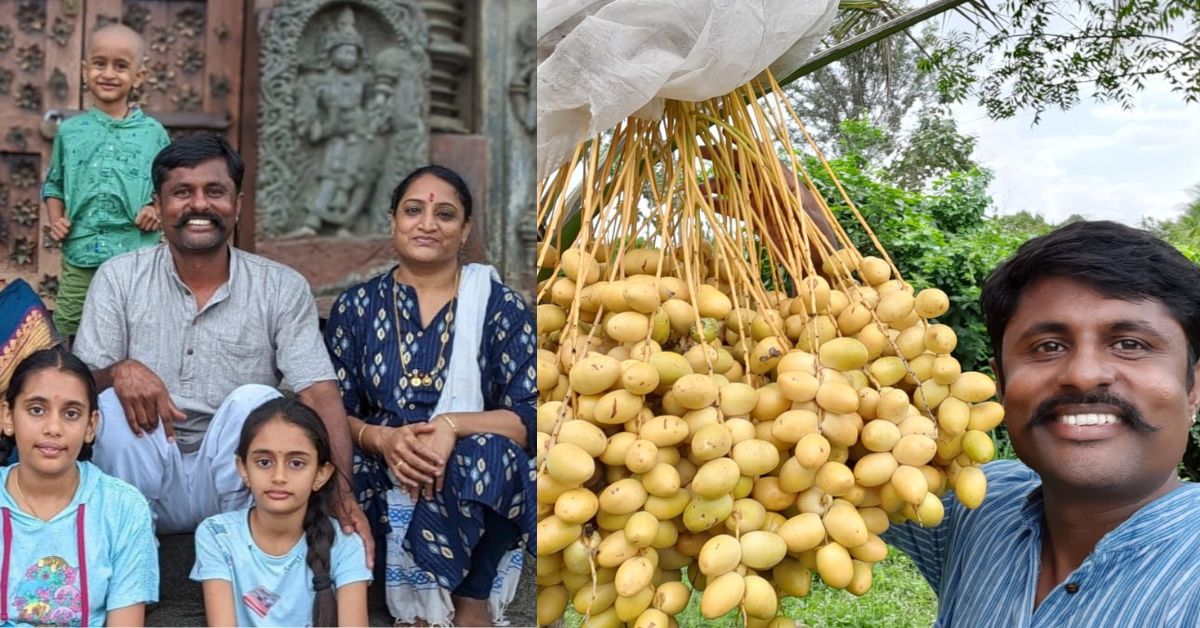
In a bid to stand out in the farming crowd, Divakar wanted to grow a unique crop. So, he turned to cultivating dates — a crop grown in the hot desert of countries like Egypt, Saudi Arabia, and Oman.
Cultivating a desert crop in Karnataka
Before taking up date cultivation, Divakar remembered meeting a date farmer at the Krishi Mela organised in Bengaluru. “This farmer from Tamil Nadu was distributing leaflets on how to grow dates in India. Back then, I had mocked him asking how a desert fruit could grow in this part of the country?”
It took Divakar six months to trace the farmer. He went to Tamil Nadu to learn the nitty-gritty of date farming. “This farmer had been successfully growing dates there. As the climatic conditions of our villages were somewhat similar, I decided to cultivate dates too,” he says.
“It is a misconception that one could grow dates only in desert conditions. All that a date tree needs is a lot of moisture and ample sunlight. One requires 40-45 degrees ideal temperature but our region gets a maximum of 38 degrees temperature in summer,” he adds.
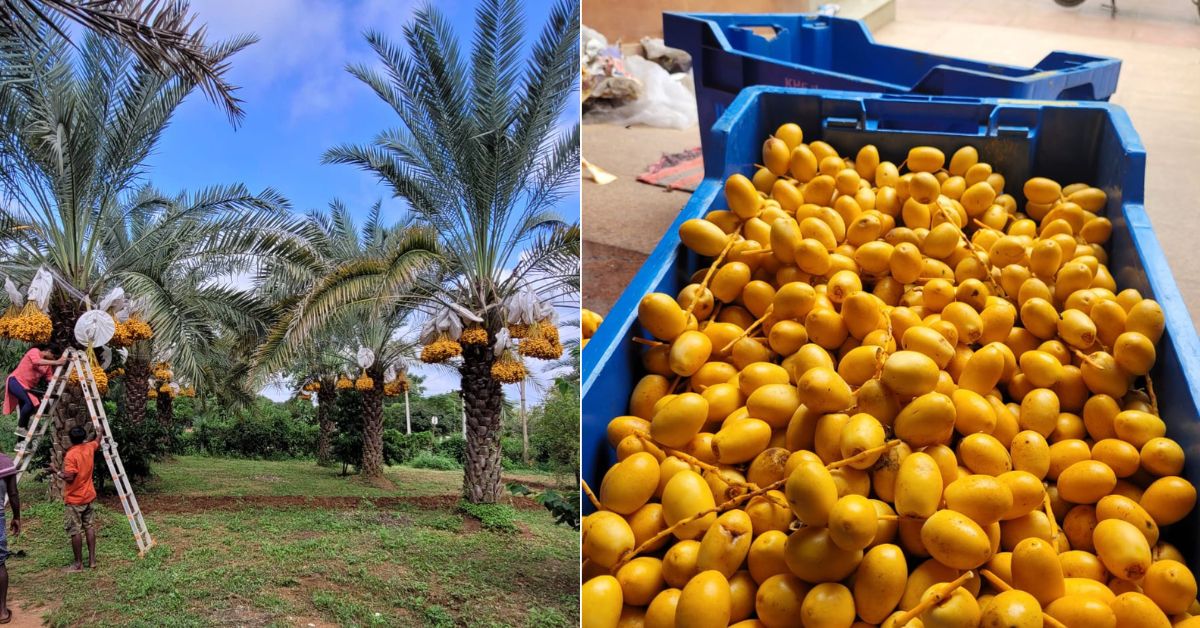
Anyway, Divakar went ahead and bought 150 saplings for Rs 3,000 each. It cost him a hefty initial investment of Rs 4.5 lakh. “Given that the saplings were expensive and I had to grow them without desert conditions invited a lot of questions. People laughed at me and asked if I intended to create a desert on my farm,” recalls Divakar.
To grow dates, the farmer dug 2×2 feet pits in his farm and added river sand. He nourished it with neem and castor cake, vermicompost, and panchgavya before planting the saplings.
While other farmers kept on with their traditional crops, Divakar did not get any yield. “Nobody believed me whenever I told them these were date trees. I was also called a fool and asked several questions. I had no answers to them,” he says.
It was only after four and a half years that Divakar saw the first flowering; his joy knew no bounds. Initially, he was able to extract 800 kg of dates from his 2.5-acre farm. Today, he gets up to five tonnes of produce. Priced at Rs 375 per kg, he is able to generate Rs 6 lakh income in an acre of date farm.
Along with getting a bountiful harvest, cultivating dates earned him immense recognition.
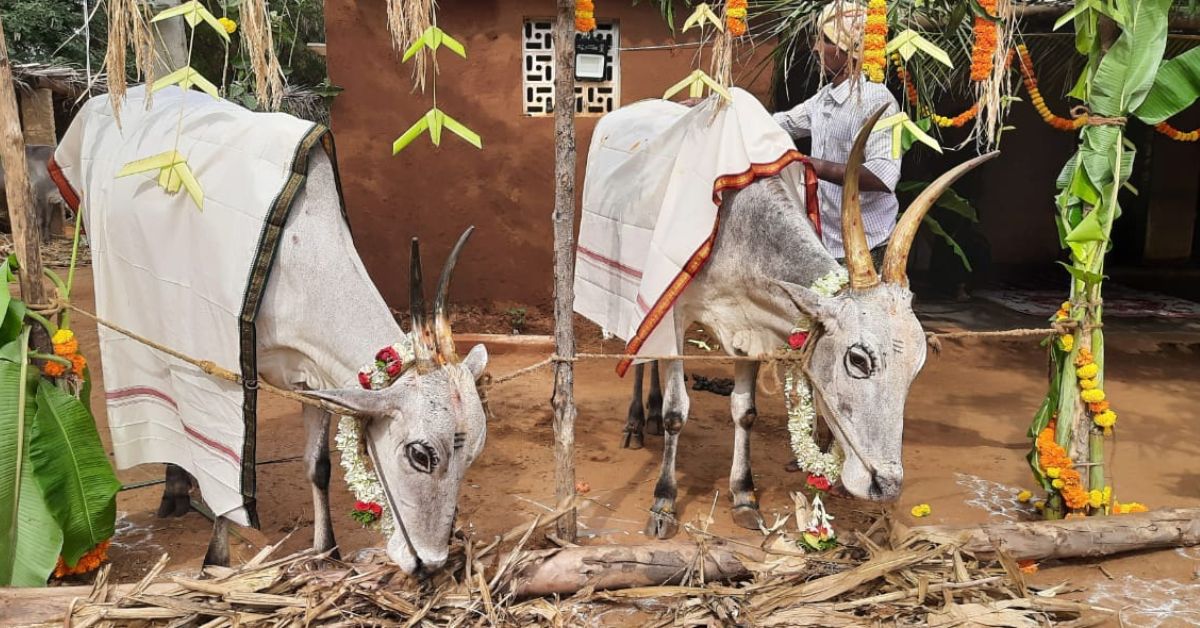
“After I showed people that we could grow dates in a region like Karnataka, I was reached out by many journalists. When one of my interviews was aired on television, my father-in-law visited my farm. To my knowledge, I am the first date farmer in the state and the first farmer to cultivate dates organically in South India,” says Divakar.
Although a matter of great pride for Divakar, the journey to switch to farming was never an easy choice. “Switching from a job at ISRO, teaching at a university, and living in a city like Bangalore to suddenly becoming a farmer in a village didn’t make sense financially,” he says.
Divakar had understood that farming could fulfil all his needs but not all his wants as there’s no end to it. “For about four yields, I was unable to balance my investment and earnings. It is only in the last three years that I can sustain my family and my farm with 2.5 acres of date cultivation,” he says.
Meanwhile, pointing toward today’s generation, Divakar says, “People these days find it exciting to quit current jobs and take up farming. Many people come to me and enquire about investment and profit. Farming comes with its own set of challenges and without any guaranteed success irrespective of best practices one adopts. Farming is not a real-estate business that you will get double the investment in a brief period.” If you found our stories insightful, informative, or even just enjoyable, we invite you to consider making a voluntary payment to support the work we do at The Better India. Your contribution helps us continue producing quality content that educates, inspires, and drives positive change. Choose one of the payment options below for your contribution- By paying for the stories you value, you directly contribute to sustaining our efforts focused on making a difference in the world. Together, let’s ensure that impactful stories continue to be told and shared, enriching lives and communities alike. Thank you for your support. Here are some frequently asked questions you might find helpful to know why you are contributing?

“For me, inner peace was more important than monetary terms. I am grateful to lead a slow and simple life as I had imagined after my father’s paralysis,” he adds.
Edited by Pranita Bhat; All photos: Divakar Channappa.
This story made me
-
97
-
121
-
89
-
167




